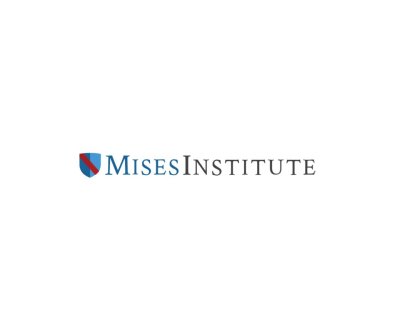If Companies Set Up Ethnic Affinity Groups for Employees, Must They Also Set Them Up for Jewish Employees? [UPDATE: Microsoft Has Changed Its Policy to Include “Jews at Microsoft”]
UPDATE 7/8/2025: The Brandeis Center sent out a press release, stating:
The Louis D. Brandeis Center for Human Rights Under Law today commended Microsoft on its decision to equalize its treatment of its Jewish employee network, “Jews at Microsoft” (JAMS), alongside other recognized and funded ethnicity-based employee networks ….
Microsoft’s nine top-tier employee networks, designated as Employee Resource Groups (ERGs), were company-recognized, sponsored, and supported organizations of employees within Microsoft based around a particular identifying characteristic, such as ethnicity, that afforded members of that ethnic group extra opportunities for professional development, career advancement, and the ability to collectively oppose discrimination in the workplace. Microsoft hadn’t recognized religion as a category of identity permitted to establish an ERG, and refused to recognize the ethnic characteristic of Jewish identity; thus, Microsoft refused to recognize a Jewish ERG, denying Jewish Microsoft employees benefits that are provided to others. This violates Title VII of the Civil Rights Act of 1964.
Microsoft advised its various employee groups today that it is restructuring its employee network program so that all employee groups are equally recognized and funded, including JAMS.
ORIGINAL POST, 5/16/25: From the letter:
We write on behalf of Jewish employees of Microsoft who are also members of the Louis D. Brandeis Center Coalition to Combat Anti-Semitism (“the Coalition”) to explain why Microsoft’s refusal to establish a Jewish Employee Resource Group (ERG) alongside its existing network of ERGs has resulted in distributing very real professional benefits and advantages on the basis of ethnic or racial identity, while denying these benefits to Jewish and other employees. Providing all employees equal access to professional benefits and opportunities, including Microsoft’s Jewish employees, is the right thing to do and is compelled by various federal and local anti-discrimination statutes. Moreover, by denying Jewish employees the very real advantages that Microsoft claims its ERGs bestow, Microsoft has allowed anti-Semitism to fester at Microsoft.
Microsoft’s refusal to acknowledge its Jewish employees’ right to an ERG seems to stem from a mistaken pigeonholing of Jewish identity as merely “religious,” a category of identity that Microsoft excludes from its ERG program. In fact, Jews are a people with a shared ethnic and ancestral heritage. Irrespective of any shared creed or belief in a deity, Jews share a common lineage, history, culture, and language(s). This is the dictionary definition of ethnicity. Jews who never attend synagogue, observe Jewish holidays, practice Jewish religious rituals, or even believe in the religious tenets of Judaism are still ethnically Jewish, an understanding that is widely supported in academic literature and surveys of Jewish American life.
More importantly here, the law recognizes that Jewish identity isn’t protected from discrimination based merely on its religious character, but also on its shared ethnic and ancestral heritage (including where protections based on race incorporate ethnicity).
Microsoft’s ERGs share common features of ERGs at most Fortune 500 companies. They are employee-led and driven, so that topics of conversation and action come from the employees themselves based on their lived workplace experiences. They c
Article from Reason.com

The Reason Magazine website is a go-to destination for libertarians seeking cogent analysis, investigative reporting, and thought-provoking commentary. Championing the principles of individual freedom, limited government, and free markets, the site offers a diverse range of articles, videos, and podcasts that challenge conventional wisdom and advocate for libertarian solutions. Whether you’re interested in politics, culture, or technology, Reason provides a unique lens that prioritizes liberty and rational discourse. It’s an essential resource for those who value critical thinking and nuanced debate in the pursuit of a freer society.



